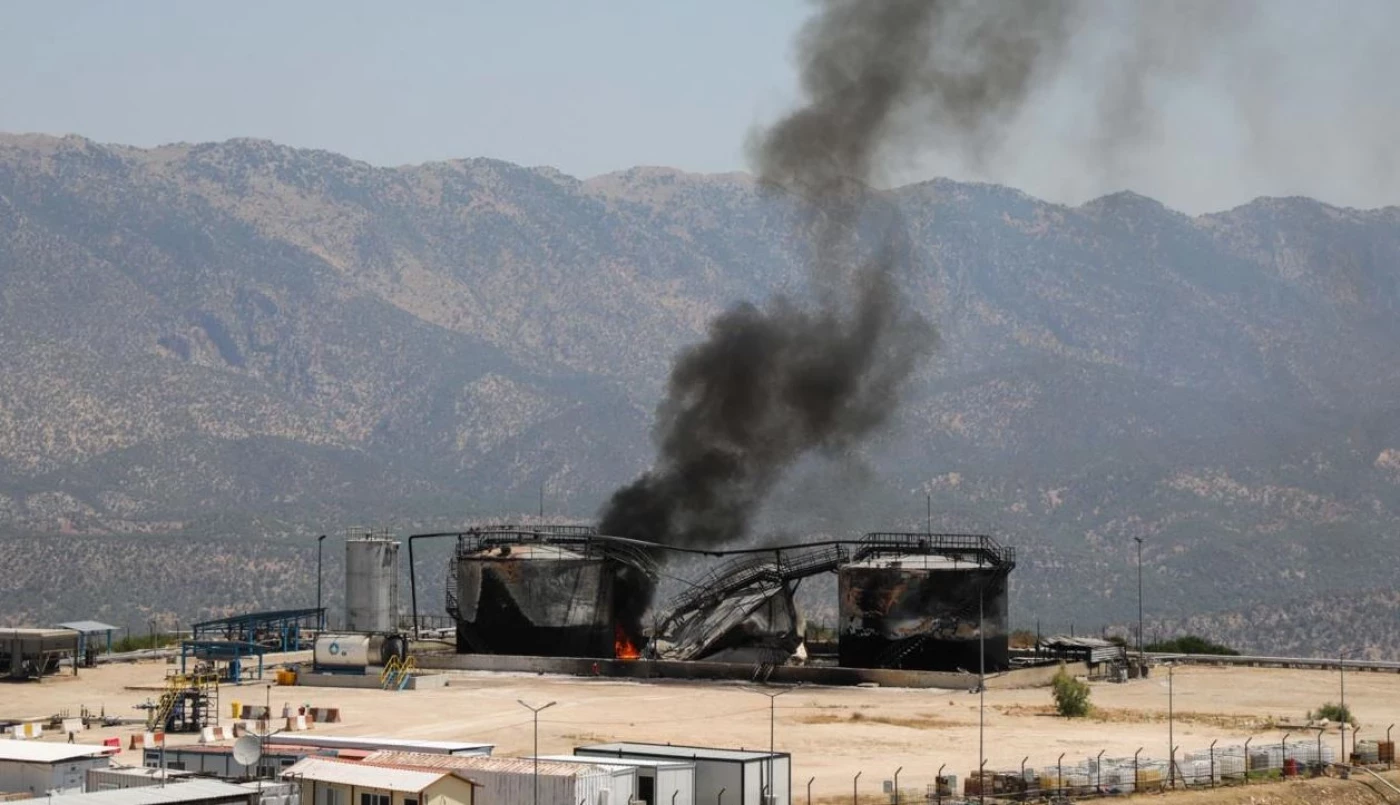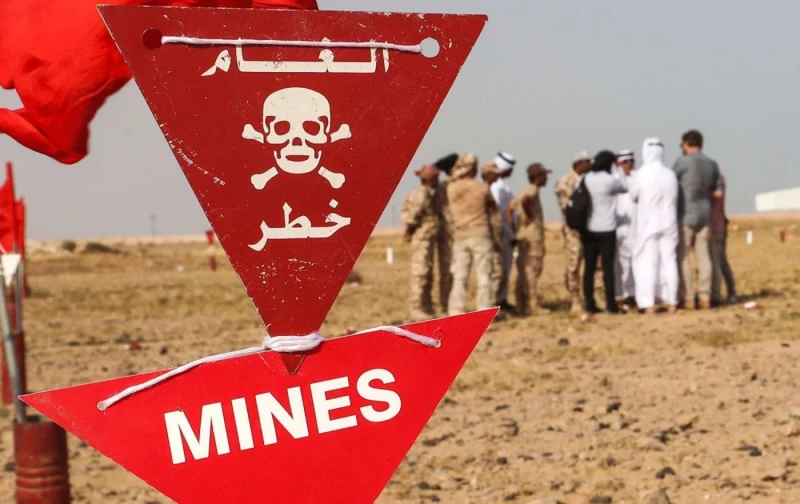ERBIL, Kurdistan Region of Iraq - Iraq’s federal government has vowed to hold accountable those responsible for recent drone attacks on the Kurdistan Region, amid ongoing investigations coordinated with Kurdish authorities, officials said Monday during the Strategic National Security Conference in Baghdad.
The Kurdistan Region's energy infrastructure sites have been attacked by myriad drone strikes in recent times, coinciding with the announcement of a ceasefire between Iran and Israel after a 12-day military conflict. No group has claimed responsibility for the attacks.
Khalid al-Yaqubi, adviser to Iraq Prime Minister Mohammed Shia’ al-Sudani on security affairs, emphasized the government’s firm rejection of the attacks and said all decisive measures are being taken to prevent their recurrence. “There are investigative committees working in full coordination between the Kurdistan Regional Government and the federal government to identify the perpetrators,” Yaqubi told The New Region.
Iraq’s National Security Adviser Qasim al-Araji visited Erbil in late July with a high-level security delegation as part of an investigation into the attacks, where he held a “high-level security meeting” with the Kurdistan Regional Government (KRG) and its security services.
Yaqubi pointed to external agendas aiming to destabilize Iraq, especially amid ongoing regional conflicts and important national events like the upcoming elections. “When major wars and agendas fail, they resort to undermining security, but the state will not allow this and uses all its capabilities to stop it,” he said.
Lieutenant General Qais al-Mohammadi, deputy commander of the Joint Operations Command, highlighted the progress federal and Kurdish forces have made in securing disputed areas outlined in Article 140 of the constitution. “We have made great strides in joint operations and coordination with Kurdistan Region forces,” Mohammadi told The New Region. “ISIS now only operates in very small groups without the ability to plan or influence.”
Mohammadi described the 2023-2025 National Security Strategy, launched under the slogan “Iraq First,” as a comprehensive plan aimed at building a stable, secure Iraq. The strategy includes new concepts of security covering economic, foreign relations, and human dimensions.
Regarding elections, Mohammadi said, “Security forces are aligned to support the political process fully,” noting committees have been formed and plans are underway to ensure a safe voting environment.
Both officials stressed the high level of coordination between Baghdad and Erbil in security matters and managing areas of shared interest, reflecting a joint commitment to Iraq’s stability and future.



 Facebook
Facebook
 LinkedIn
LinkedIn
 Telegram
Telegram
 X
X


